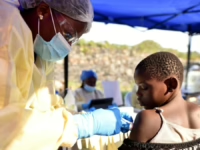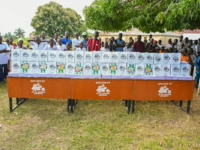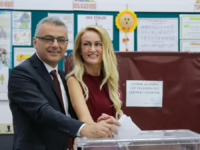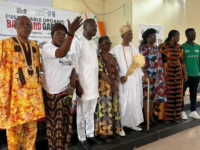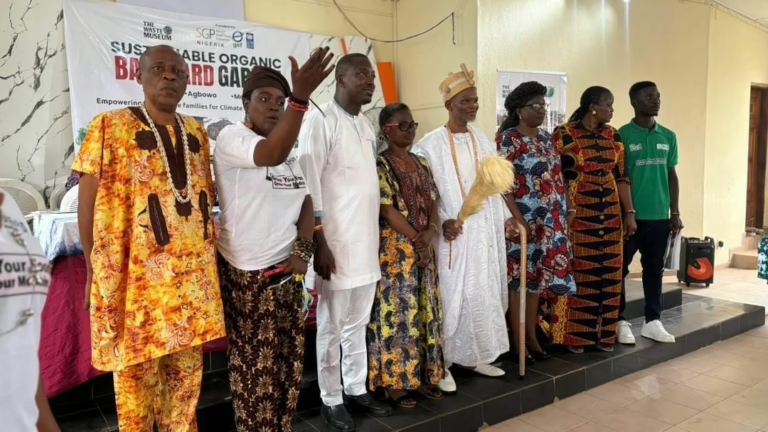Households across Nigeria are being encouraged to adopt backyard farming as a means to cultivate organic produce using climate-smart agricultural techniques.
Ibironke Olubamise, the National Coordinator of the UNDP GEF Small Grant Programme, delivered this message during a comprehensive three-day workshop on Sustainable Organic Backyard Gardening held in the Ibadan neighborhoods of Agbowo, Apete, and Moniya in Oyo State.
Olubamise urged local leaders to motivate their communities to engage in backyard gardening, highlighting its potential to improve quality of life through better nutrition, enhanced education, and access to funding opportunities. She emphasized, “The possibilities are abundant.”
Addressing the long-term benefits of the program, Olubamise explained, “When someone learns to grow their own vegetables, they gain access to food that is free from harmful chemicals and available at no cost right in their own yard. This alone should inspire continued participation.”
She added, “We hope participants recognize the transformative nature of this initiative and embrace it fully. Many will eventually generate income by selling their produce, and once financial benefits are realized, there’s little reason to stop.”
Jumoke Olowookere, Founder and Creative Director of the Waste Museum in Ibadan, expressed confidence that the project will equip families with practical knowledge and techniques to cultivate food sustainably, economically, and efficiently within limited spaces.
“By converting waste into valuable resources through composting, organic pest management, and material reuse, participants will be able to grow fresh vegetables, herbs, and fruits in their own backyards, while simultaneously supporting environmental preservation and climate adaptation,” Olowookere explained.
Oluwakemi Ademola Aremu, a toxicologist from the Department of Chemical Pathology at the University of Ibadan, observed that African communities have historically been consumers of external ideas, including dietary habits.
“Regrettably, this has influenced our food choices, leading to the rise of Western-related illnesses that were once rare in Africa. Health is intrinsically connected to nutrition,” she noted.
Aremu stressed the importance of altering lifestyle and behavioral patterns to improve health outcomes. “It’s encouraging to engage with these communities over three days because poverty often stems from the inability to secure adequate food,” she said.
She further highlighted that the initiative empowers individuals with the skills to grow organic food in their own backyards, regardless of space constraints.
“This program is about backyard farming-giving real power to people and hope for future generations. When families can produce their own food and witness the rewards of their labor, it boosts self-esteem and mental well-being,” Aremu added.
Among the attendees was Professor Obafemi Jegede, an expert in traditional African medicine from the Institute of African Studies at the University of Ibadan.
Jegede praised the organizers for equipping families with the expertise to cultivate organic, safe foods and medicinal herbs, which he believes will reduce reliance on chemical-laden products harmful to both human health and the environment.
The training sessions covered a variety of topics including soil preparation, seed germination, composting techniques, vertical gardening, and snail farming, among others.





